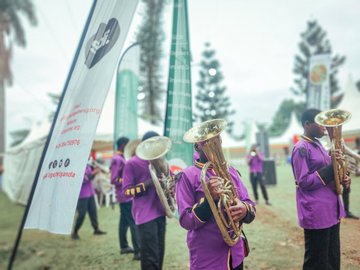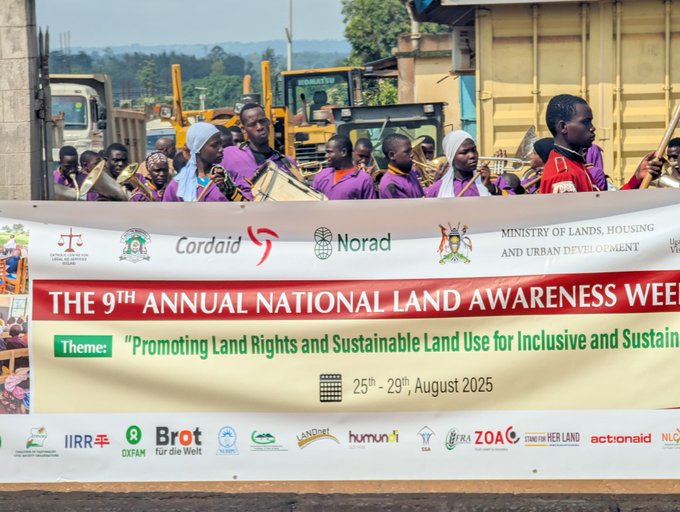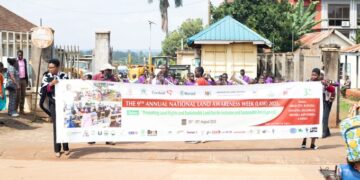Mbale City – The 9th Annual National Land Awareness Week (LAW) has officially been launched in Mbale City under the theme, “Promoting Land Rights and Sustainable Land Use for Inclusive and Sustainable Development.”
This year’s campaign, running from August 25-29, 2025, focuses on the Bugisu and Sebei sub-regions and aims to strengthen land governance, empower communities, and provide legal support to vulnerable groups.
The launch event, held on Monday at the Mbale City Council Grounds, brought together government officials, civil society organisations, community leaders, and residents in a procession through the city streets, accompanied by the Mbale Boda Bodas’ Association. The week-long initiative will feature legal clinics, dialogue platforms, accountability forums, and capacity-building sessions targeting over 4,500 individuals.
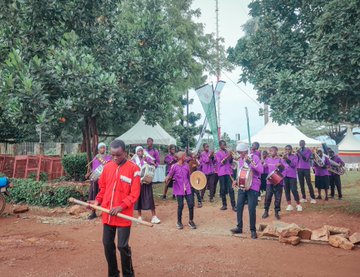
RCC Urges Action on Land Challenges
In his keynote remarks, George William Wopuwa, the Resident City Commissioner (RCC) for Mbale City, highlighted the persistent challenges of land disputes across the country.
“Land remains one of the biggest governance challenges in Uganda. In every district I have served, disputes over ownership and boundaries have been constant. Here in Mbale, the situation is no different,” Wopuwa said. “We have cases where multiple agreements are signed for the same plot of land, sometimes even with the same stamp but different dates. Institutions like land boards, land courts, and area committees struggle with integrity and impartiality, which complicates dispute resolution.”
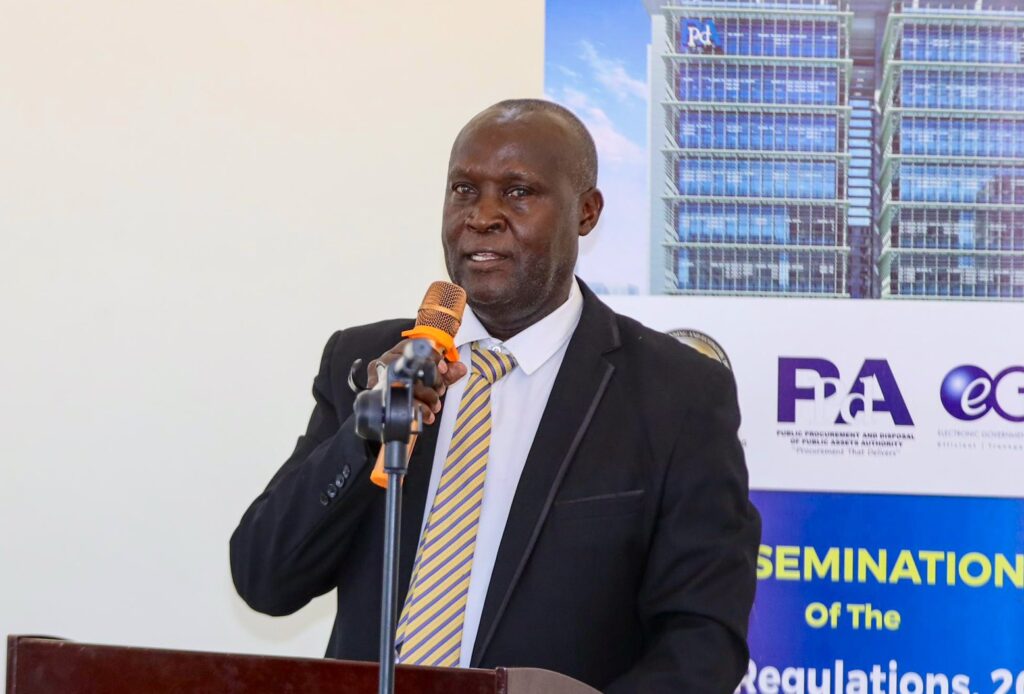
Wopuwa cited specific examples, including a widow who nearly lost her land due to fraudulent sales and cases where public infrastructure was built on land later ruled to belong to private individuals. He emphasised the vulnerability of widows, orphans, and persons with disabilities (PWDs) in land disputes, calling for stronger laws and enforcement to protect marginalised groups.
“We must protect government and communal land, support the vulnerable, and improve the integrity of land institutions. Together—government, civil society, and communities—we can secure land rights for development,” he concluded.
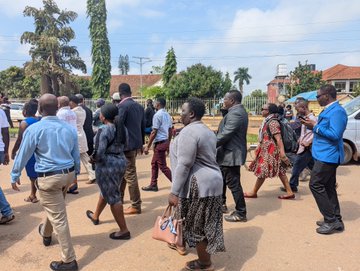
Legal Awareness and Environmental Responsibility
Mr. Dennis Obbo, spokesperson for the Ministry of Lands, Housing and Urban Development, representing Permanent Secretary Dorcas W. Okalany, highlighted the role of legal documentation in securing land rights.
“Issues of ownership and boundaries remain widespread, especially because most land is not registered. Without proper documentation, landowners have no evidence of ownership, and the government cannot protect them,” Obbo explained. He further noted environmental degradation as a pressing concern, pointing to deforestation, the destruction of wetlands, and the effects of climate change in the region.
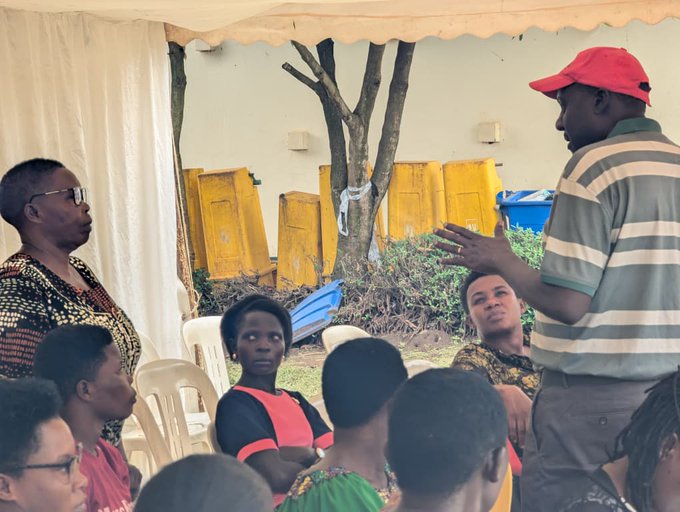
The Ministry is offering a range of services during Land Awareness Week, including legal clinics, alternative dispute resolution, online land verification through the National Lands Information System, and a dedicated WhatsApp line and toll-free number to support local communities.
Inclusion of Vulnerable Groups
Representatives from the National Union of Disabled Persons of Uganda (NUDIPU) stressed the importance of including persons with disabilities in land governance dialogues.
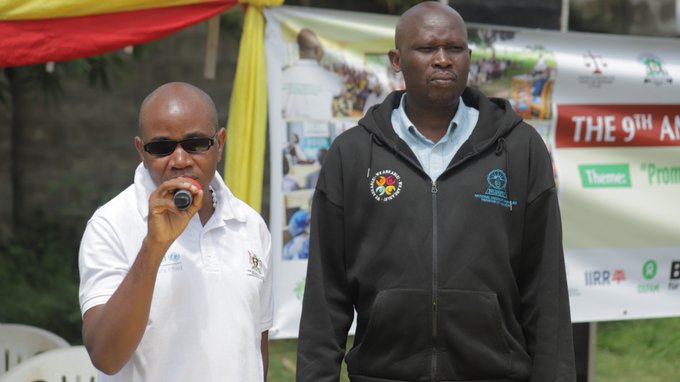
Dennis Odwa, Manager of Policy and Rights, and Robert Egalo, Country Consortium Coordinator for the “We Are Able!” program, said, “When we hold dialogues on land rights, persons with disabilities must be deliberately included. Many face physical, communication, or social barriers that prevent them from participating. If we do not go to them, their voices remain silent, and their struggles go unnoticed.”
NUDIPU, in partnership with the “We Are Able!” programme, will prepare a petition highlighting challenges faced by PWDs in the Bugisu and Sebei sub-regions to be presented to the Ministry at the closing ceremony.
Civil Society and Community Leaders Join Efforts
Ronald Bagaga, Programs Manager at Eastern and Southern Africa Small Scale Farmers Forum (ESAFF) Uganda, speaking on behalf of Executive Director Nancy Mugimba, emphasised the week’s focus on actionable policy and inclusive governance.
“Land underpins livelihoods, identity, and intergenerational equity. This week is an opportunity to ensure fair access to land rights across all generations,” Bagaga said.
Francis Nsanga, Project Manager at the Knowledge Hub for Organic Agriculture in Eastern Africa (KHEA), representing PELUM Uganda, underscored the importance of community engagement.
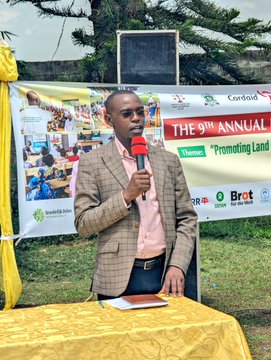
“We are here to support, engage, and give information. At the end of the week, we will compile a paper to present to the government. This week is not just dialogue—it is action. Your voices matter in shaping a future where land rights are protected.”
Counsel Walusimbi Muhammad of the Catholic Centre for Legal Aid Services (CCLAS) emphasised legal support during the week. “All land issues, from ownership to succession, are important and must be addressed comprehensively. Our experts will be here to assist anyone with land conflicts, whether civil disputes or criminal matters arising from land,” he said.
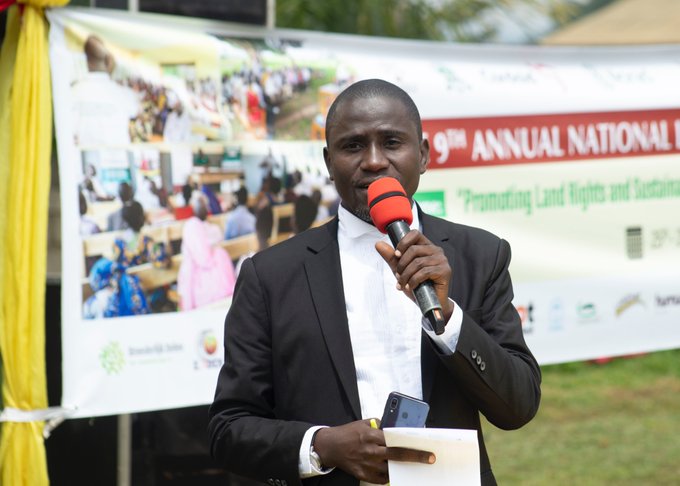
Walusimbi Ali, President of Mbale City Development Forum, expressed gratitude on behalf of the local community. “As a community in the mountains, we face many challenges, including security concerns and issues related to land. Your decision to bring this programme closer to us allows us to learn, engage, and find solutions that directly impact our people,” Ali said.
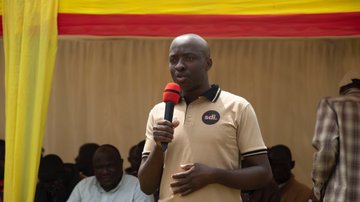
A Week of Action and Legal Support
Esther Kisembo, Fair Green and Global Coordinator at ActionAid International Uganda, noted, “During Land Awareness Week, we aim to directly reach at least 500 women, men, youth, persons with disabilities, and other vulnerable groups with information on lands, housing, urban development, environment, climate justice, and food and nutrition security laws.”
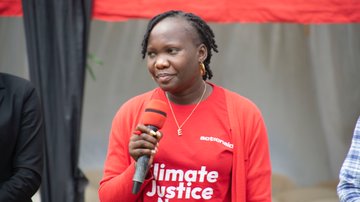
Key points of the Land Awareness Week include providing information on land laws, offering free legal counselling, strengthening local government outreach, and promoting inclusion of women, youth, and PWDs. The event aims to facilitate at least 30 accountability forums, establish 44 dialogue platforms, and deliver legal aid.
“We will provide at least five platforms for dialogue on land and environmental issues, and establish at least one accountability forum where duty bearers can interface directly with farming communities to ensure service delivery,” added Kisembo.
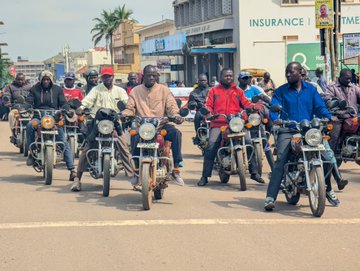
ActionAid International Uganda supports Land Awareness Week to ensure vulnerable communities, especially women and marginalised groups, understand their land rights and the complex laws governing them. By conducting public awareness campaigns, providing legal aid, and promoting dialogues, the week helps people navigate land issues, claim their rightful ownership, and build resilience against climate change and resource exploitation, thereby combating poverty and injustice.
